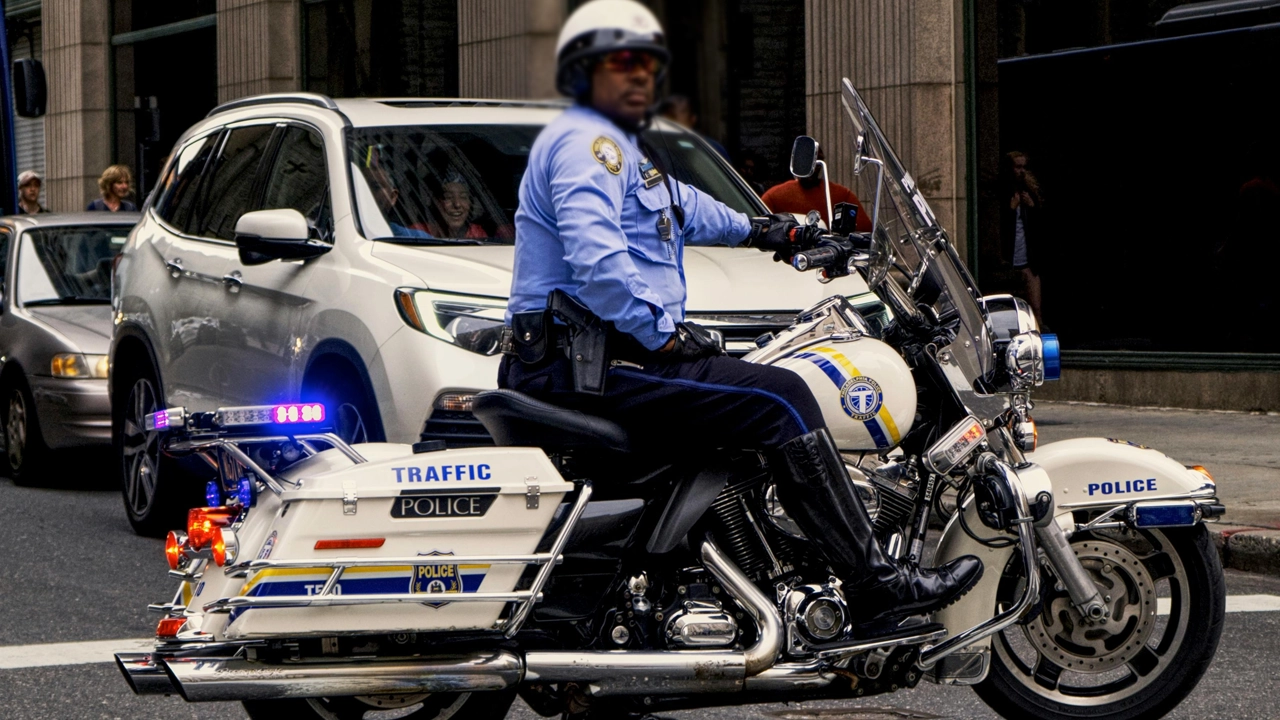Can Police Search My Car Without a Warrant? What Every Driver Needs to Know
A complicated web of statutory regulations, court rulings, and constitutional rights interact to determine whether police can search a car without a warrant. The fundamental legal basis is provided by the Fourth Amendment of the United States Constitution, which grants citizens the right to be free from arbitrary searches and seizures of their person, residence, papers, and belongings. However, the courts have carved out several exceptions to this general protection, especially for searches of motor vehicles.
Probable Cause
The main exclusion from the warrant requirement is a valid reason. Police officers do not need a warrant to search your car if they have a reasonable belief that it includes evidence of a crime, contraband, or illegal things. Not just a gut feeling or suspicion will do; this view needs to be supported by concrete proof. An officer may have probable cause to search the entire car, for example, if they detect the smell of tobacco or observe drug paraphernalia in the open.
Search Incident to Arrest
Police have the right to search you and your immediate surroundings, including your car when you are detained legally. It is to protect against evidence destruction and assure the protection of the officers. Usually, this search is restricted to the area that you can reach right away, such as the passenger compartment. For example, if you are caught for DUI, the police may search your car for open alcohol containers.
Consent
Giving your consent is one of the easiest methods for the police to search your car without a warrant. Officers do not need a warrant or reasonable suspicion to search your car if you willingly permit them to do so. Remember that you have the option to object to a search. But your rejection needs to be clear-cut. One can respond, “Yes, I do mind,” to an officer who asks, “Do you mind if I take a look in your car?” I object to being searched.”
Know Your Rights: When Can Police Legally Search Your Car Without a Warrant?
Police officers can search areas and take evidence without a warrant if they observe illegal substances in plain sight, according to the plain view doctrine. The officer must be present in the area where the item is observed legally for this to be applicable. For instance, an officer may search your car if they stop you for a moving offense and notice narcotics or a weapon on the seat.
Environmental Facts
Situations when exigent circumstances support a warrantless search are known as exigent circumstances. It covers situations when there could be a danger to public safety, a chance that the suspect would escape, or a chance that the evidence would be lost. An officer may carry out an instant search if they think that holding out for a warrant could put them in danger. For example, police can search a car without a warrant if they are actively pursuing a suspect who gets inside.
- Audi GT50 Concept: A Loud Reminder of Why Car Enthusiasts Fell in Love With Audi
- Nearly 30% of UK Drivers Believe Car Tax Should Be Based on Mileage — Survey
- Why Planes and Boats Escaped the Luxury Tax But Cars Didn’t
- Australia’s Headlight Confusion: Authorities Warn Drivers After Viral $250 Headlight Rule Goes Wild Online
- 2025 Hyundai Venue Facelift Launched in India – Full Details, Variants, and Price
Searches of Inventory
Police are authorized to carry out an inventory search to record the contents of a vehicle when it is impounded. It is to safeguard the owner’s belongings, shield the authorities from reports of misplaced or pilfered stuff, and guarantee that no hazardous materials are inside the car. These searches cannot be used as a cover for an investigation; instead, they must adhere to established protocols.
Vehicle Exception
The Fourth Amendment’s car exception to the warrant requirement recognizes the intrinsic mobility of automobiles. It might not always be possible to get a warrant because cars can depart the area quickly. Police do not need a warrant to search a car if they have reasonable suspicion that it contains evidence of a crime. Carroll v. United States, a 1925 Supreme Court decision, developed this theory by recognizing the distinctions between moving objects like cars and stationary spaces like houses.
Even while the Fourth Amendment offers strong protection against arbitrary searches and seizures, several well-established exceptions let police search your car without a warrant in some situations. You can better manage your rights and obligations during a police contact by being aware of these exceptions: probable cause, search incident to arrest, permission, plain view, exigent circumstances, inventory searches, and the automobile exception. It’s recommended to speak with a constitutional law expert lawyer if you think your rights were infringed upon during a car search.

